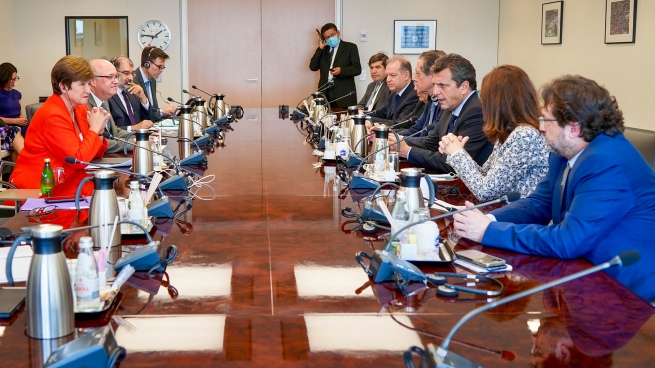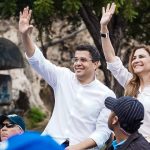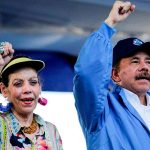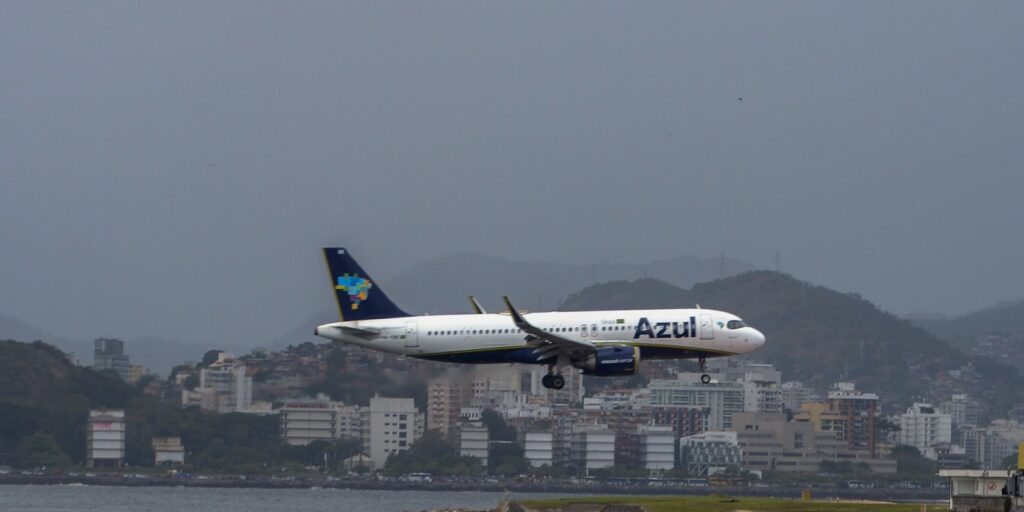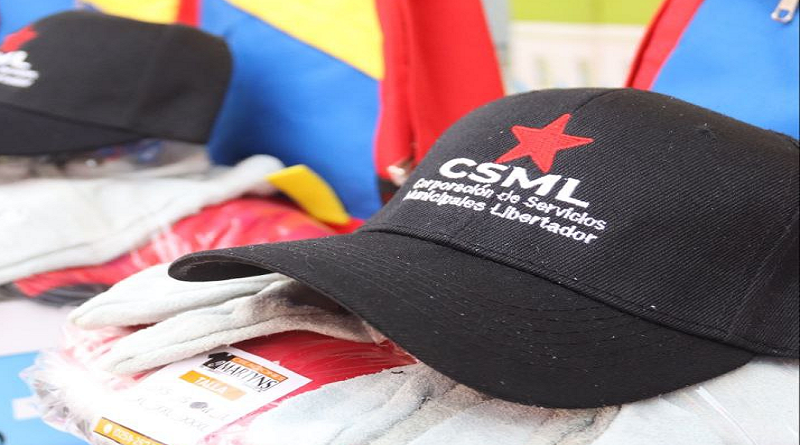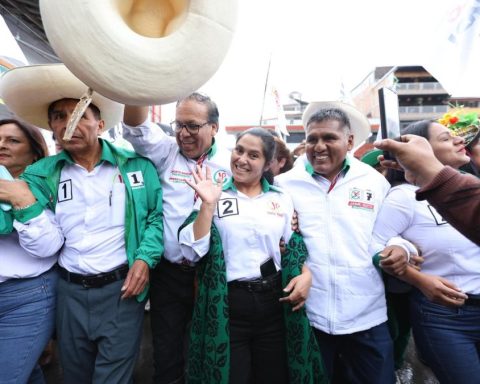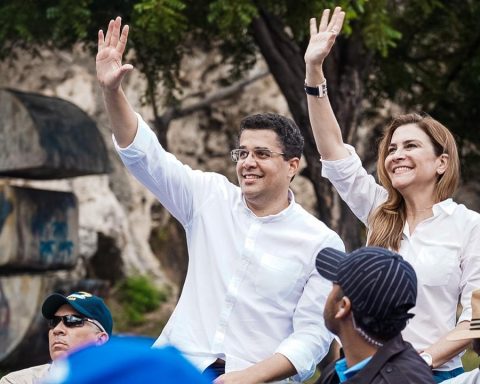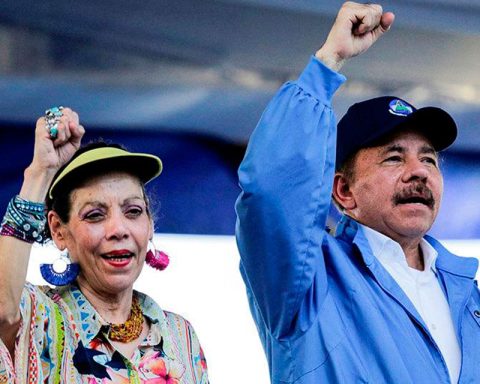The Minister of Economy, Serge Massaexpect to bag this week foreign exchange for around US$ 5,300 millionamong the disbursements that will be discussed in the directories of the International Monetary Fund (IMF) and the Inter-American Development Bank (IDB).
After closing September with a Record liquidation of foreign currency per soybean dollar of US$ 8,123 millionwhich allowed the government add international reserves for US$ 7,646 millionnow formal approval is awaited in the IMF board of the second review, which will take place next Friday, as Massa had anticipated last week.
Strictly speaking, Economy has already achieved the Fund staff approvalled by the Brazilian Ilan Goldfajn, who confirmed about 10 days ago that Argentina had passed the technical test, for which the head of the agency, Kristalina Georgieva, submitted the report to the board for discussion, which, if approved, will trigger an immediate disbursement of US $ 4,100 million which would go on to swell international reserves.
The Government’s payment to the IMF, meanwhile, for the maturity of approximately US$2.6 billion, has already been made as it appears in the Central Bank’s accounts, with the official expectation that the discussion in the board of directors will flow unhindered to the funds.
In parallel, The IDB is preparing to approve new credits for the country for a total of US$ 1,200 million that will arrive during the last quarter, according to the commitment of the entity with the Government last month during the tour of the head of the Palacio de Hacienda to the United States.

Although the agreement was signed between Massa and Mauricio Claver Caronewho was recently dismissed from the IDB after ethical irregularities were found during his role as head of the entity, in the environment of the Minister of Economy they ruled out that this point would bring complications to the voting of new funds in favor of Argentina.
The IDB, for its part, launched the call to appoint a new President who will last about 45 days, and left the Honduran and executive vice president, Reina Irene Mejía Chacón, as interim head.
The change of authorities contributed to delaying the IDB’s agenda a bit: initially, according to the statement issued by the entity last month, the new credits for the Argentine case were going to be discussed at the end of September, and now it is expected that it could be next Wednesday in the usual weekly session of the IDB board, or eventually in an extraordinary one that could be on October 6 or 7, the same day that the Fund’s board will vote on its disbursement.
Both organizations aim, in principle, to approve different projects of the countries in the pipeline in advance of the development of the Annual Assembly of the IMF and the World Bankwhich will take place the week of October 10 in Washington.
Relationship with the IDB
To demonstrate its commitment to Argentina, the IDB administration will present a Special Development Financing (SDL) package to the Executive Board in September for a total of US$700 million to finance a “Support Program for the Improvement of Fiscal Management and Economic Recovery”, whose initial disbursement was also scheduled for the end of September, as announced by the IDB on September 6.
In addition, the IDB will present a US$500 million PBL (Policy-Based Lending) loan, and this “Public Policy Support Program for Sustainable and Resilient Growth in Argentina is an increase of US$200 million in budget support as a result of a prioritization of the programming of Argentina”, added sources of the organization.
Together, these loans would allow the IDB’s support to Argentina to increase from US$800 million scheduled (and which before Massa’s administration was stopped) to US$1,200 million in the last quarter of 2022.
The IDB clarified, for its part, that the Bank’s budget support to Argentina is framed in compliance with an existing agreement with the International Monetary Fund (for the SDL project) and the IDB’s own evaluation of the country’s macroeconomic conditions (for the PBL loans).
This backing from the IDB, which implied a 180-degree change in the relationship that the organization had been having with previous economic efforts, will mean an entry of US$ 1,200 million freely available to Argentina by the end of the year, which would be used to strengthen reserves and, on the other hand, more funds for investment credits for works in the Province of Buenos Aires and Tourism, among others that would complete some US$ 3,000 million as part of the 2022-2023 plan.
Lastly, the IDB’s support served to strengthen Argentina’s position in the technical review implemented by the Fund, prior to the meeting that Massa had with Georgieva in Washington, and before the meeting between President Alberto Fernández and the head of the IMF in the framework of the United Nations Annual Assembly in New York.
